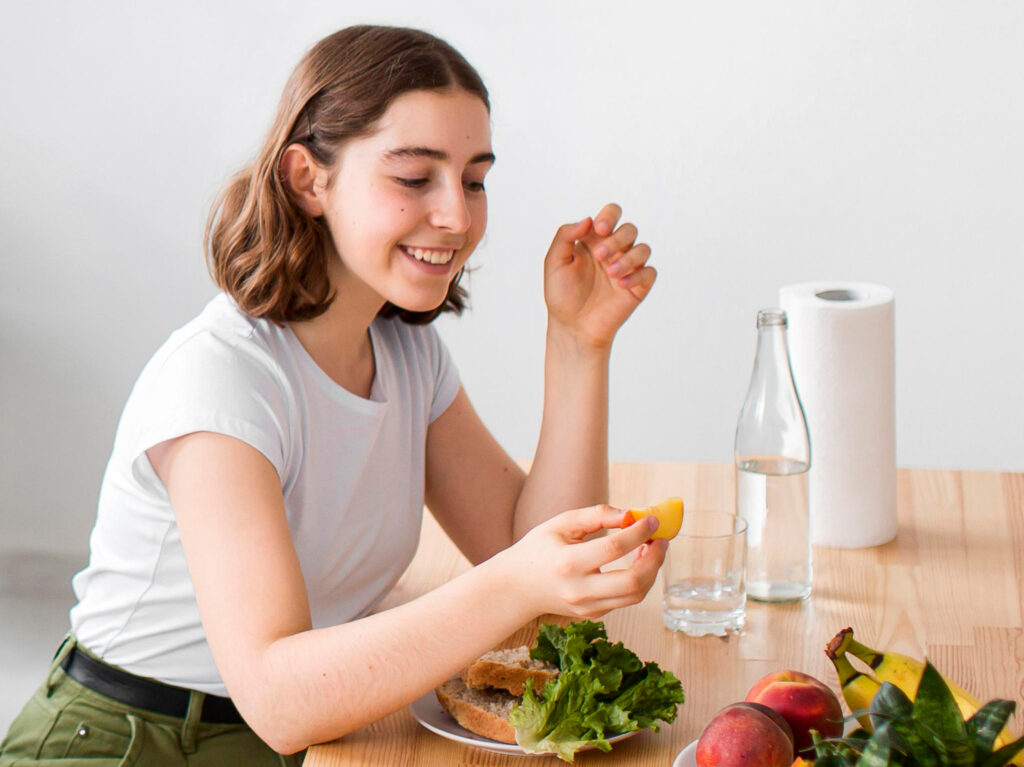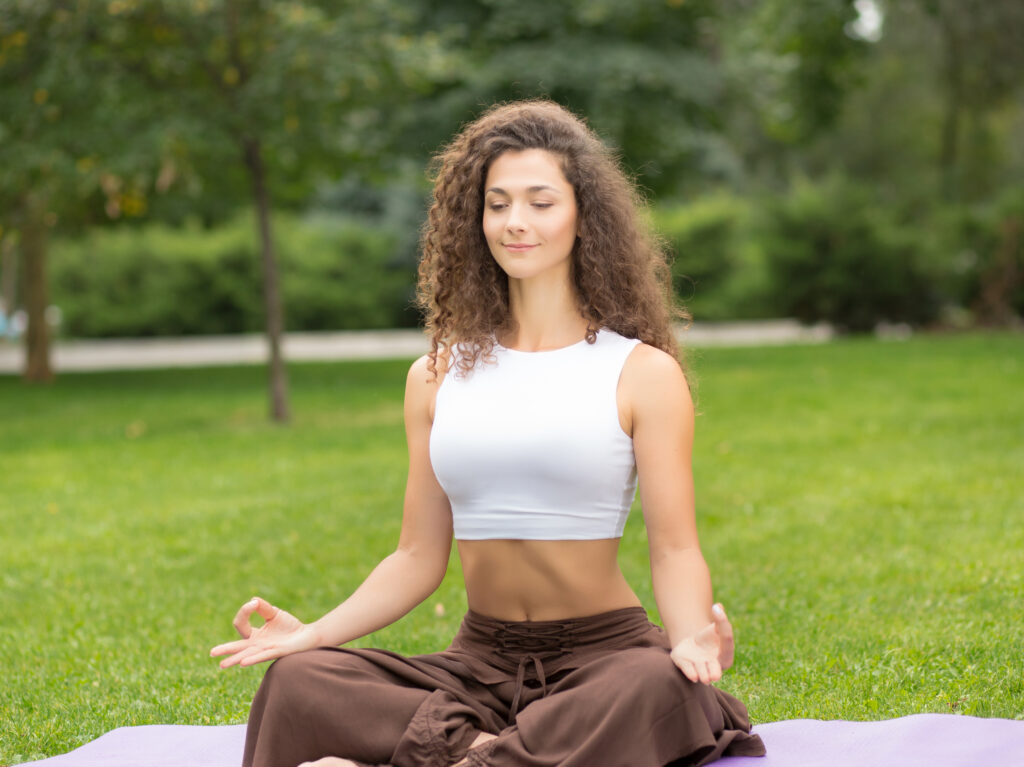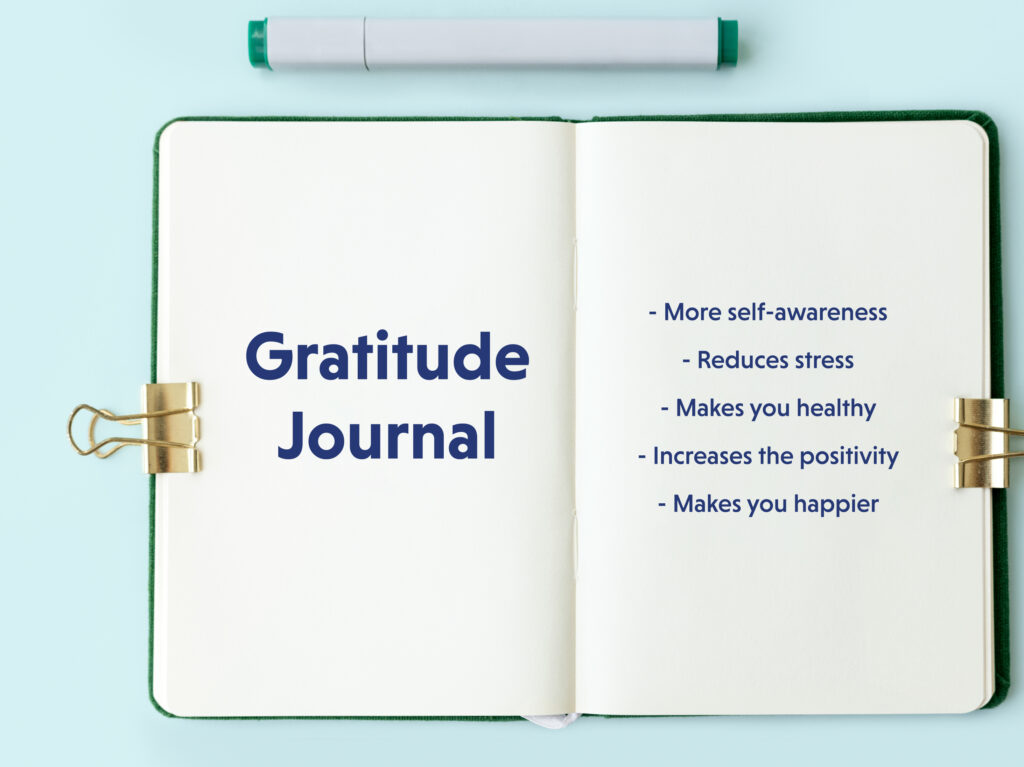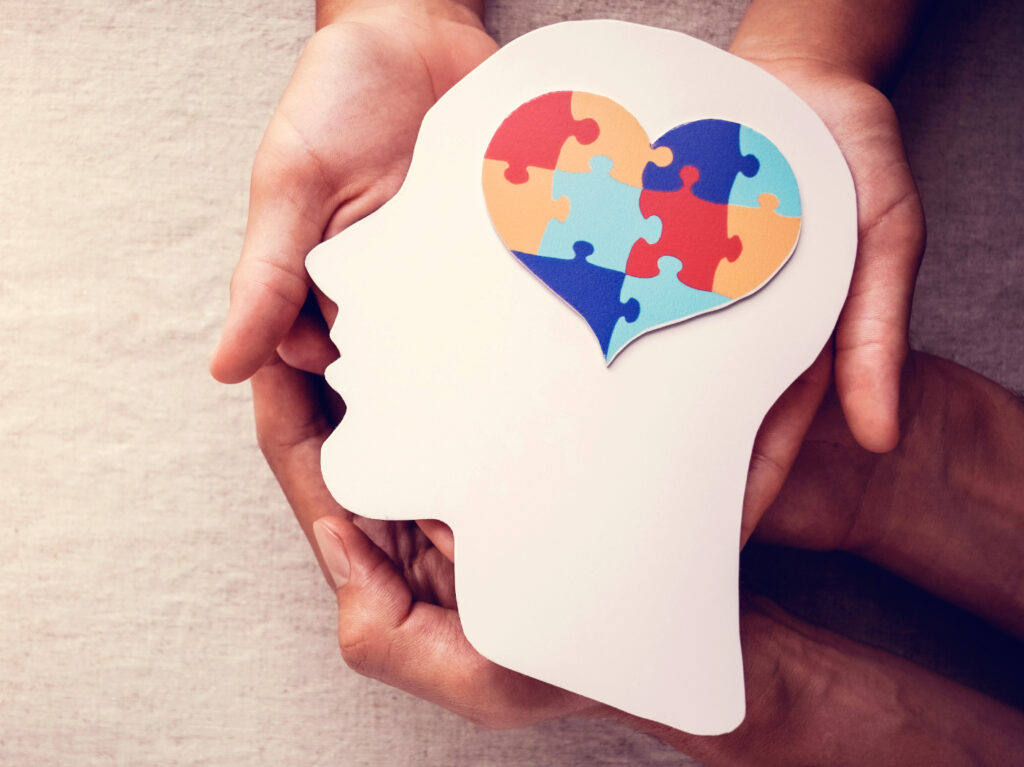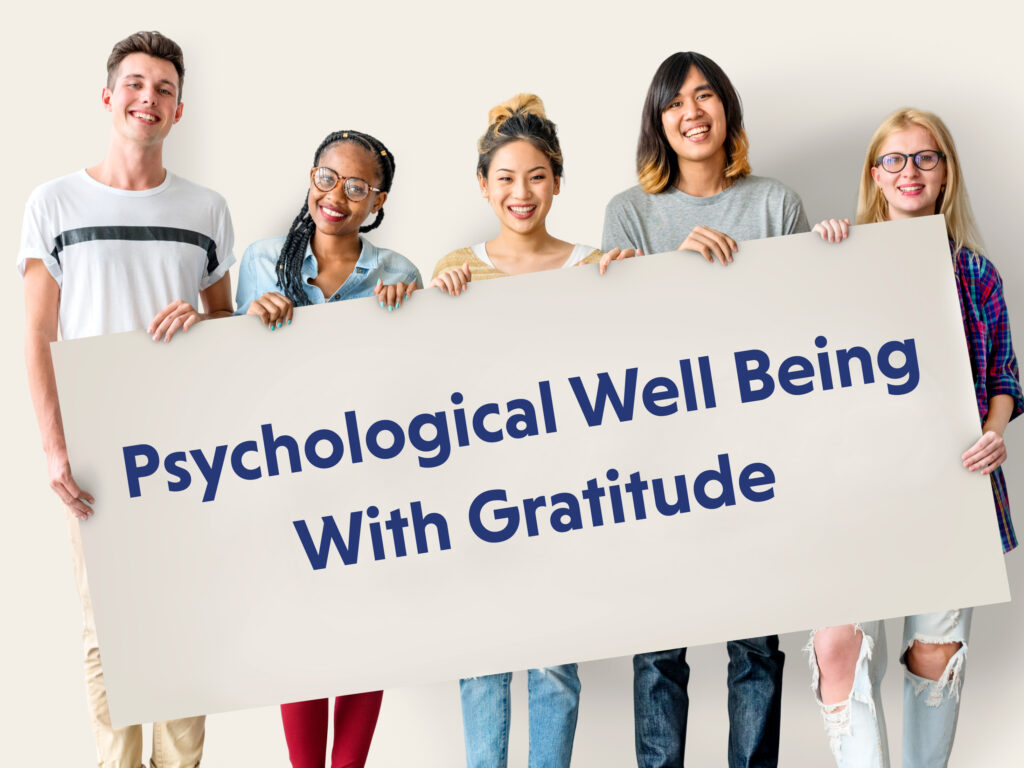Being a busy individual can make it difficult to fit into a formal meditation practice. Many benefits come from meditating regularly, and the more you can find time to meditate, the better off you will be. Meditation is not only beneficial for the mind but also for the body and spirit.
In this article, you’ll learn about some of the benefits you’ll receive when you meditate regularly.

Meditation is a very powerful tool that can improve your life in every way. It has numerous benefits, and it will help you achieve clarity and peace of mind. It is not just a method by which one can achieve peace of mind or reduce tension. It has proven benefits on the human mind and body, which are as follows:
Benefits of Meditation:
1. Keep you stress-free
Stress is a silent killer in today’s world. Without stress, you will lead a good life and enjoy your life to the fullest. Meditation is one of the easiest ways to get rid of stress and live a healthy, disease-free life.
Tons of people worldwide find that meditation is the perfect way to relieve stress and live a healthier life.
2. Better focus
Whether you are trying to focus during meditation or simply trying to focus better during daily life, meditation is said to help people stay in the moment and let go of distractions and other thoughts that might otherwise keep them from doing what needs to be done. Increased creativity. Meditation allows your mind to wander freely, which could help you develop new ideas or approaches when faced with challenges or problems at work or home.
3. Practicing meditation increases immunity and helps to fight against diseases
Meditation helps to fight against diseases. It even increases immunity and helps you to stay away from diseases. When you meditate, your resistance power towards diseases increases. It also promotes a total sense of well-being. Meditation teaches you to breathe deeply and purifies your lungs and blood.
It reduces the levels of stress hormones like cortisol, adrenaline, and noradrenaline in your body that may develop due to stress. Practice regularly for at least 20 minutes to get the health benefits of meditation.
4. You can have good sleep.
Meditation helps boost brain chemicals, such as GABA and serotonin, that promote relaxation and sleepiness. As a result, meditation can help you fall asleep faster and sleep more deeply than before. It can reduce the symptoms of insomnia and significantly improve sleep quality.
5. You will be happier
We all wish to be happy, but it’s not always possible. We make choices in our lives that we believe will make us happy, but oftentimes those choices don’t bring us the happiness we were expecting. We can take many paths to find happiness, but one of the most effective is through meditation. Meditation is a practice that has been used for centuries by various cultures and religions to help people reach a higher level of consciousness and achieve happiness.
6. Improves functioning of your brain
Meditation can improve function in your brain, but it can also help in other areas of your life. The ability to focus is essential for success in all areas of life, especially when you are studying or need to perform at work. Meditation will help you develop the skills necessary to focus on the task at hand and clear your mind of distractions.

7. You will be energetic
It is not a secret that meditation is an excellent way to keep your health in good condition. Meditation is beneficial for people who work in front of the computer all day.
Tension, stress, and fatigue can appear after long hours of sitting, especially if you do it for a living. Meditation can help you relax and regain energy by keeping your mind clear.
8. Helps you feel more connected.
Meditation is one of the most powerful tools for developing a more profound sense of interconnectedness with yourself, others, and nature that you can possibly employ. Not only does meditation help you feel more connected, but it also helps you become more conscious of your interconnectedness.
Types of Meditation
There are a few different types of meditation. Here are the main ones:
Visualization Meditation: This is when you focus on different things, like a sunset or a beach. You can pick something that relaxes you or helps you feel calm.
Theta State Meditation: This is when you meditate while your body is relaxed and your mind is awake but drowsy.
Transcendental Meditation: This type of meditation was created by Maharishi Mahesh Yogi in the 1950s, and it has become widely popular throughout America and the world since. There are many different ways to achieve this meditation. You can chant or use a mantra, for example.
Guided Meditation: This is when someone guides you through meditation in person or over the phone, often with the help of music or guided imagery to help you relax and clear your mind. The person guiding you will typically be either a counselor or a trained mediator.
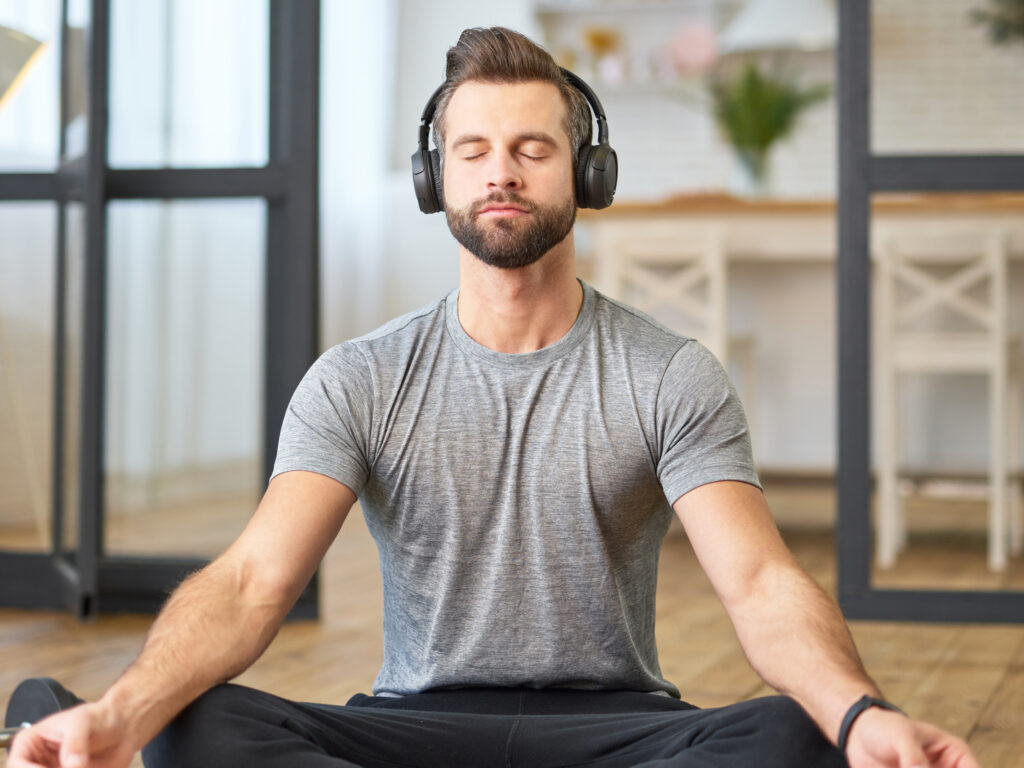
Concentrative Meditation: This type of meditation focuses the attention on one particular object — a word, phrase, sound, prayer, or visualization — to achieve a state of peace and tranquility. It’s often used to reduce stress, anxiety, and depression.
Mindfulness Meditation: In this practice, you bring awareness to the present moment by focusing on your breathing as you sit still for long periods (usually 20 minutes or more). You can do this with or without an object or phrase to focus on, but you can also “stray” by thinking about other things.
Thus Meditation can improve your health, fitness, and happiness. It comes with many health benefits. You can get clarity on a problem, calm the mind and focus better.

The following suggestions may help you start a meditation practice:
1. Practicing meditation takes commitment. If you’re serious about it, make a commitment to yourself to do it for 30 days in a row. Set the alarm if you need to.
2. Don’t force it. If you find that your mind keeps wandering from your breath, just notice that and return to focusing on your breath every time you realize your mind wandered off. Think of each time you have to refocus as a success!
3. Get some support or guidance if necessary. Check out books or online resources with guided meditations, or attend a class or workshop led by someone with experience and knowledge of meditation techniques.
4. Meditate in the same place at the same time every day, if possible. This will help anchor your practice and make it easier to stick with it over time.
Meditation has to be one of the most powerful and beneficial relaxation methods available today. It has been proven to provide many physical and mental health benefits. Meditation benefits you to slow down and live in the moment.
Check out the Joyscore App to know more about Mindfulness-based Meditation.


